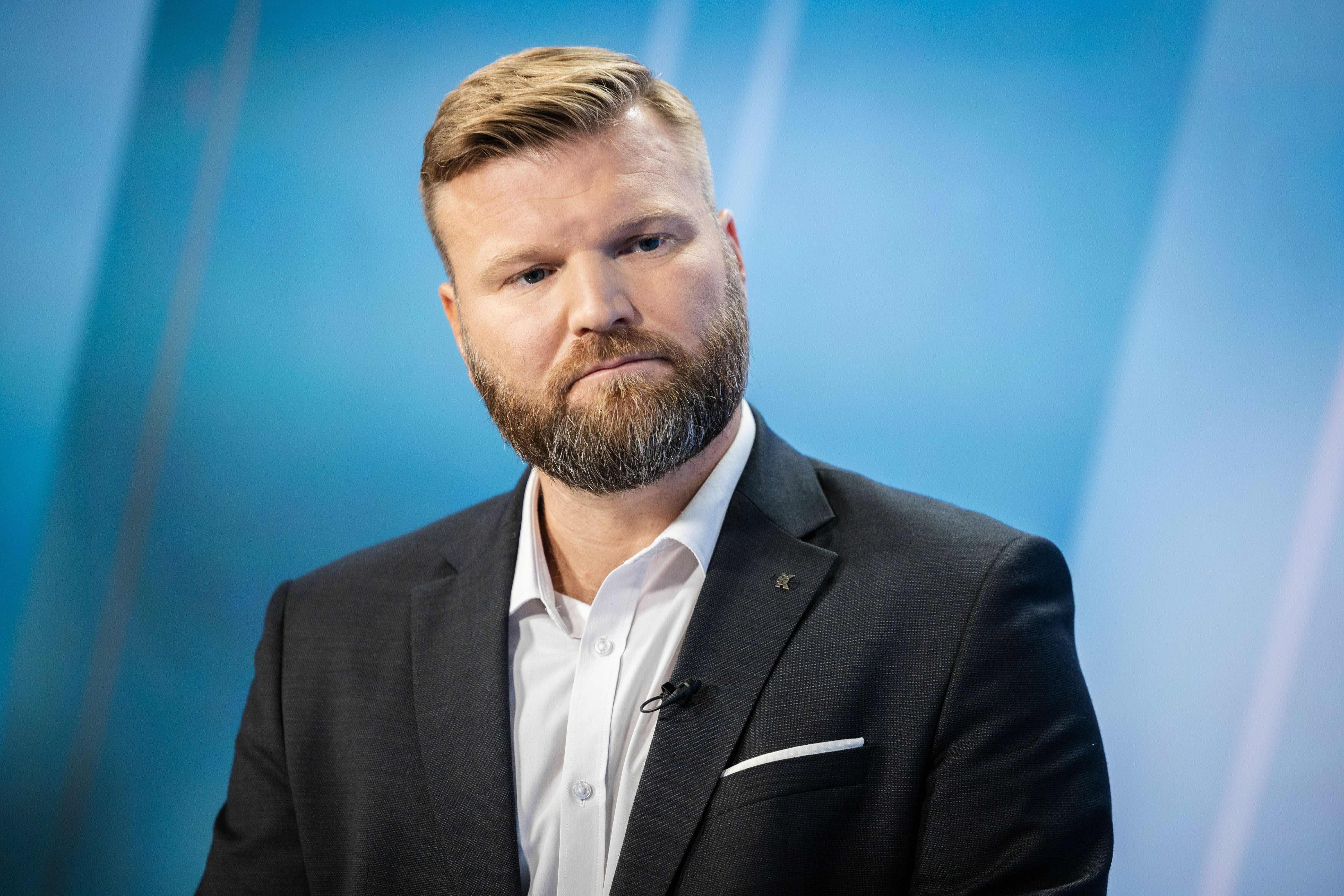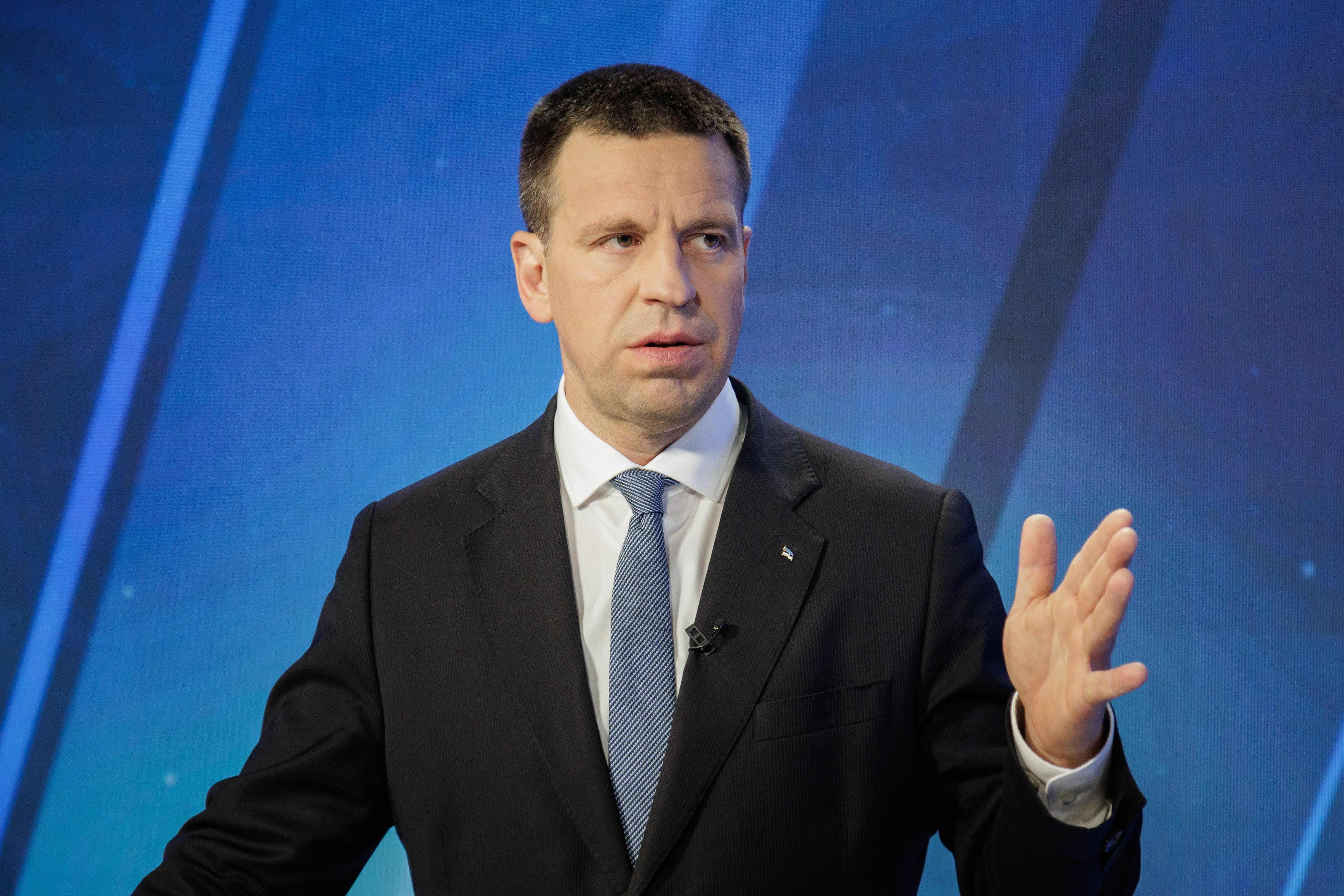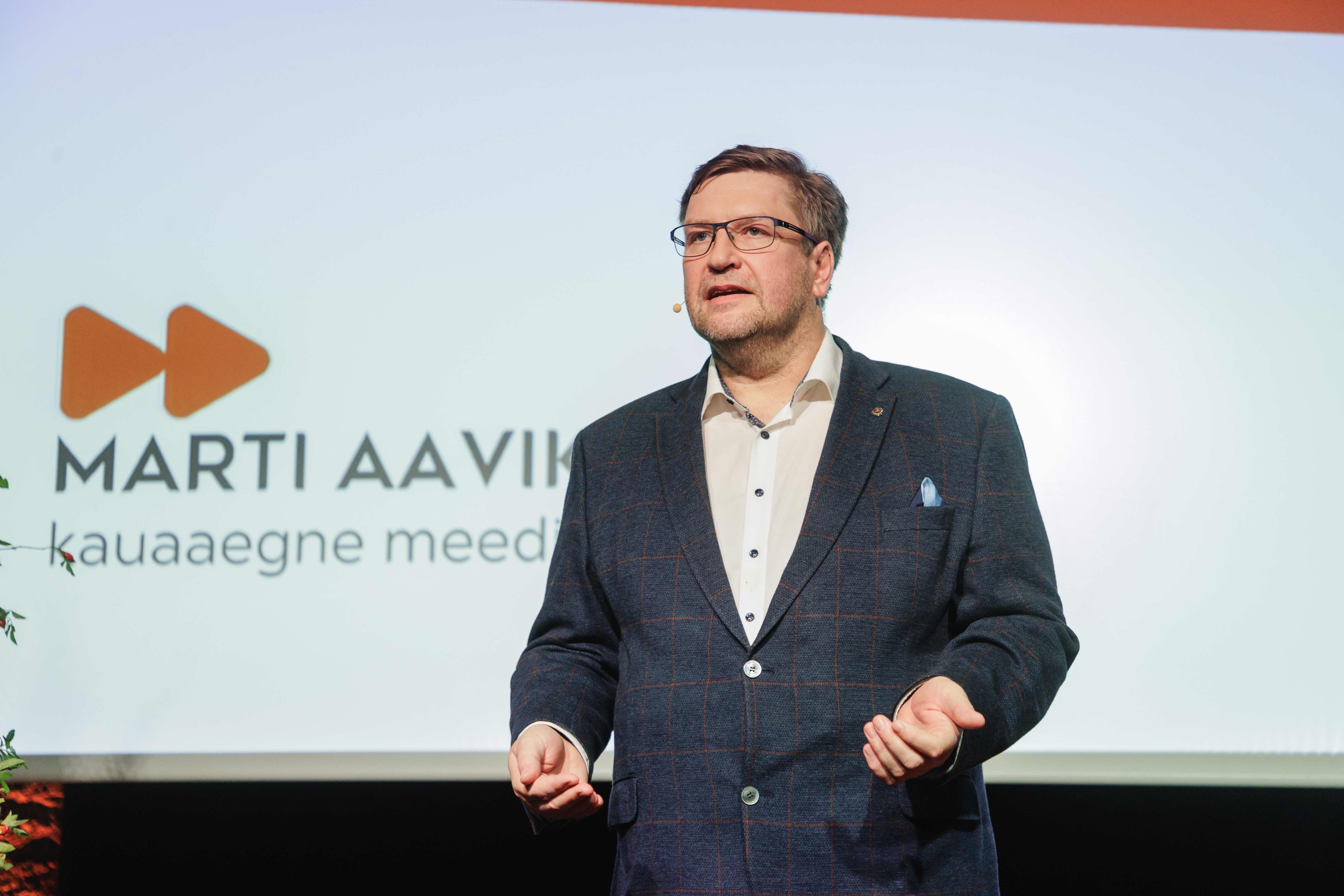Vox Populi

Ester Karuse
member of the foreign affairs committee of the Riigikogu (Social Democratic Party)
To start, let me remind you that this is not a new situation for us. Donald Trump was also the leader of our biggest ally from 2016 to 2020. The fears that Americans will now leave NATO and leave Europe on its own are surely exaggerated. Cooperation between Estonia, the European Union, and the United States has been long-term and broad-based, and it is our task to further strengthen and maintain it.
It is definitely wise to avoid rash, negative comments that could harm our alliance. I have noticed that many politicians feel the urge to vent on social media, but ridiculing the democratically elected president of our greatest ally will get us nowhere. Americans decide for themselves who their president is, and we must respect and adapt to their choice.
From a security perspective, it is crucial for the United States to continue its economic and military support for Ukraine. Should this support diminish, the burden on European countries will grow, and there is a risk that Russia might win the war. This would have a very negative impact on the security of our region. I hope that Donald Trump will act with more force in relations with the leaders of Russia and China and will work more broadly to contain the actions of authoritarian states.

Rasmus Lahtvee
deputy leader of the Estonian Greens
We need to focus on Estonia's needs and interests, and fulfilling our commitments in alliances plays an important role in this. Despite diplomatically turbulent and brash statements, it appeared that Donald Trump, at least in actions, took into account the input of his administration's defense advisors during his previous term.
There are valid concerns, however, as societal divides in our strongest ally could explode like a powder keg under any election result. Taking real responsibility and fostering greater cooperation among European allies to ensure security in our region is more important than ever, and the time for half-measures has long passed. Russia's war against Ukraine and the increasingly turbulent situation in the Middle East require clear choices and actions. We understand who the aggressors and victims are in these conflicts, and complacency will unfortunately only encourage the aggressor's boldness.

Luisa Rõivas
member of the foreign affairs committee of the Riigikogu (Reform Party)
From this side of the Atlantic, it may be hard to understand why Donald Trump (likely) won the US presidential election – after all, some of his positions seem unthinkable to us. Unfortunately, neither Russia's aggression against Ukraine nor concerns over it were central topics in the election, nor was it the main worry for the average American; instead, economic issues and value debates along the liberal/conservative axis typical in the United States took precedence.
Anyone who claims to know exactly what Trump's second term in the White House will be like is surely bluffing. The only thing we know for sure is that we must be prepared for the unexpected. Trump's self-assessed influence over Vladimir Putin is likely exaggerated; experience has shown that these influences tend to lean in the opposite direction. In any case, we can expect a second term with a convincing majority in both chambers of Congress to give Trump more freedom than he had eight years ago.
Europe's only real option in this situation is to strengthen its own defense capability and thereby its role in global geopolitics. Looking at the map, Russia may seem vast as it wreaks havoc in its neighborhood, but the European Union's economy alone is over eight times larger. Moreover, the United Kingdom, with an economy that also surpasses Russia's, plays a crucial role in European security. Our ability to help Ukraine will certainly not be limited by a lack of money or military power; nor should it be limited by a lack of will.
We will soon see what the quick peace plan promised by Trump entails, but Europe's interest is certainly not in agreeing to a superficial peace that involves surrendering Ukrainian territories. Occupation brings not peace, but suffering, as Estonians remember from their own experience.

Lauri Laats
chairman of the Center Party group of the Riigikogu
To start, we can say "Vox populi, vox Dei" – Americans have made their choice, and the allies of the United States must respect that decision. President Donald Trump's (foreign) policy undoubtedly differs from President Joe Biden's, but we should not join in the hysteria that NATO will now fall apart or that the United States will abandon its allies. However, European leaders should recognize that President Trump expects cooperation that is reciprocal and based on mutual commitment – we must step up and reaffirm to America's 47th president our dedication to good relations between the United States and Europe.
Estonia, by the way, has an important role in shaping how relations between the European Union and the United States will evolve over the coming years, as Estonia's former prime minister Kaja Kallas is set to become the European Union's high representative for foreign affairs and security policy. What could be more important than a visit from Kallas to President Trump?
I am also expecting the Ministry of Foreign Affairs to step up its activities toward the United States, as every contact and opportunity must be skillfully utilized, rather than relying on Americans to come and seek our input.
Estonian leaders have already sent their congratulations, and must now follow up with effective work to ensure the Trump administration understands that although Estonia is small in size and population, we are an ally that keeps its word, fulfills its commitments diligently, and often goes above and beyond.

Jüri Ratas
member of the European Parliament (Isamaa)
During Donald Trump's first term, I had the honor of serving as the prime minister of the Republic of Estonia. My interactions with President Trump at the time left the impression of a very straightforward, unconventional politician. He is not a diplomat but a pragmatist, and we must keep this in mind when engaging with the future US administration.
For Estonia, there is no "right" or "wrong" outcome in the US presidential election. The United States is our largest and most important ally, and maintaining and strengthening transatlantic relations must be our clear goal. Estonia and Europe more broadly must take the initiative in strengthening these relationships, as President Trump, an experienced businessman, appreciates the value of good salesmanship. This partnership benefits all parties both economically and from a security perspective.
Predicting President Trump's policies for the second term is difficult, as the first term taught us that the administration's words and actions did not always align. Additionally, the second Trump Cabinet will likely look significantly different from the first.

Kalev Stoicescu
chairman of the national defense committee of the Riigikogu (Estonia 200)
Shared values, a key principle of Estonia's foreign policy, do not exist for the next US President Donald Trump. However, it is possible to work with him in mutually acceptable ways. We must respect the choice of the American people in any case and find common ground to ensure the continuation of strong and stable alliance relations between Estonia and the United States.
Trump's style creates discomfort and uncertainty. One never knows what he might say or decide next, or if it will be carried out. Fortunately, during his previous term (2017–2021), several impulsive and rash decisions, such as withdrawing US troops from Germany, were left unimplemented. Therefore, his unpredictable style affects us and other democratic countries.
For Estonia, it is crucial that the United States continues its comprehensive support for Ukraine. The United States, along with the rest of the free world, has invested too much in Ukraine to retreat like it did in Afghanistan. Not to mention our shared moral obligation to support Ukraine in its just and courageous fight against the aggressor. With Trump's return, it is clear that European allies must work even harder for our defense and security.
In January next year, President Donald Trump will take office, and he needs to be convinced that the United States needs allies in Europe and the Pacific and Indian Ocean regions equally. Trump also needs to understand that a settlement that concedes Ukrainian territory to Russia without finishing the fight – until peace is achieved on Ukraine's and the free world's terms – would be a shared loss. He detests losses, so Estonia, like other allies, must make active efforts to convey this.

Marti Aavik
board member of The Right
Donald Trump is set to become US president for the second time. It is in our interest to ensure that the Western alliance remains united and strong for the coming years and decades. Our interest is for the aggressor in Ukraine to be knocked back properly, rather than being rewarded with territorial gains in a peace agreement. It is also not in our interest to have a trade war between the United States and Europe.
Estonia has the chance and need to highlight our level of defense spending whenever possible. Currently, we rank second after Poland and ahead of the United States. It would be great if Trump praised the Poles and Estonians as reasonable folks.
It is evident that one part of maintaining US interest in our region lies in defense procurement. If in doubt, it is worth considering why the Finns once chose American Hornets and now F-35s for their fighter jets. This is always important, but Trump in particular values reciprocal deals.
We could tone down the fairy tales about the wonderful UN and our partners working there, and instead put as much energy as needed into efforts in Washington.
I would also remind that our very own Kaja Kallas will soon become the EU high representative for foreign affairs. For her, as an avid reader, and others, I recommend Herbert McMaster's newly released book "At War with Ourselves: My Tour of Duty in the Trump White House." Europeans must be better Trump whisperers than Putin, Xi, and North Korea’s "Little Rocket Man."
The public does not yet know who will shape foreign and security policy in the future Trump administration. Based on campaign statements, I could tell some scary tales, but I also recall former secretary of state Mike Pompeo's summer proposal for continuing support for Ukraine. If policy follows Pompeo's plan, things will be much better than under Joe Biden. If there is no clarity, then clarity must be sought. It is clearly the task of diplomats, politicians, and the press to build an accurate picture with relevant information.

Eino Rantanen
board member of the Estonian Nationalists and Conservatives party, chairman of Blue Awakening
Donald Trump is once again set to become president, but the task of Estonian politicians and diplomats should remain virtually unchanged from what it has been: maintaining good and the closest possible alliance relations with the United States, regardless of who occupies the White House. This remains the best and most pragmatic approach. We cannot choose the US president or the members of their Cabinet, but we can influence how their foreign policy takes shape.
The undeniable fact is that security remains a fundamental theme in Estonian-US bilateral relations. Our job is to do everything we can to ensure that, in the current exceptionally tense global political environment, the security interests of the Baltic Sea region and Eastern Europe more broadly do not get sidelined by conflicts in East Asia and the Middle East. We must emphasize that America's global reach and a strong network of allies are the key foundations of its size and power.
An essential part of maintaining good relations will continue to be proving that Estonia is a serious, reliable, and capable ally, both independently and within NATO. This should ensure a positive attitude from the United States. We must also maintain a strong united front with Central and Eastern European countries (Baltic states, Finland, Poland, Ukraine, Romania, and so on) to collectively assert our region's geopolitical interests in Washington and show that we are a a credible alliance.







